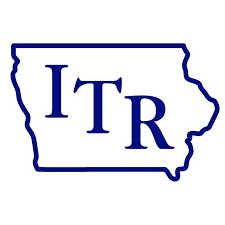ISU researchers question workforce skills gap

Two Iowa State University economists dispute the common contention that a skills gap among potential workers is the reason companies struggle to fill positions.
Dave Swenson and Liesl Eathington say their analysis of data from Iowa and nationwide shows that Iowa has a relatively good supply of skilled workers.
“First, when employers say there’s a skills gap, what they’re often really saying is they can’t find workers willing to work for the pay they’re willing to pay,” Swenson said. “If there was a skill shortage, people would be working longer hours and workers would be getting higher wages. Researchers have yet to find that evidence in several categories where people are arguing that there’s a skills gap.”
The economists acknowledge that there has been a long-term shift of skilled labor moving to urban areas or other states, which makes it difficult for businesses in small, rural communities to find labor. But many business and state leaders tend to blame the shortage on a failure of the educational system or deficiencies in the workforce, the researchers added.
Accurately measuring the skills of the workforce is difficult to do and creates a challenge in assessing a skills gap, Eathington said.
Swenson said some of the debate gets lost in the words used. “The term ‘skills gap’ implies a deficiency in either the workforce or educational system or both. It is a sloppy term for a very complex set of issues related to employers and workers,” he added.









